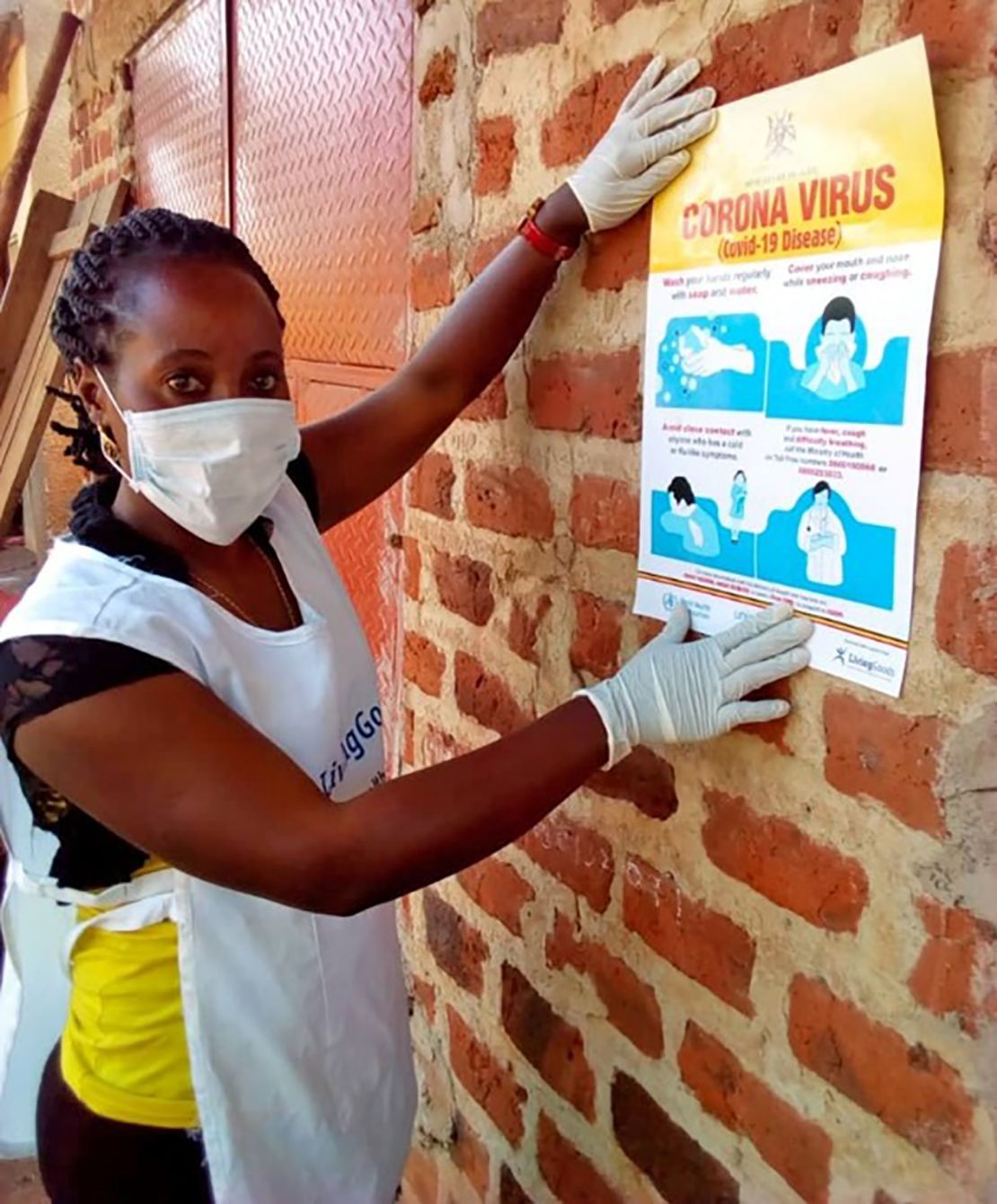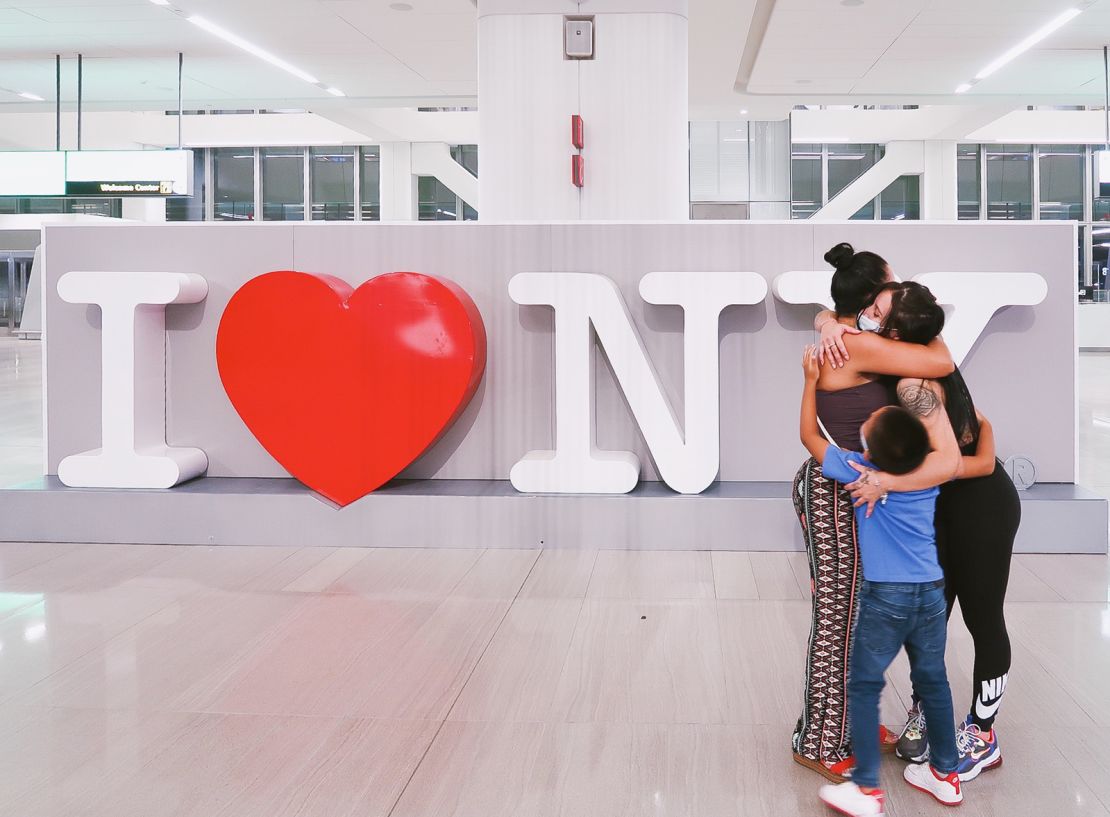You’ve heard of Black Friday and Cyber Monday, two intense days of discounts and deals ironically following a day of thanks. But don’t forget Giving Tuesday, five days after Thanksgiving.
Since 2012, Giving Tuesday has become a day of heightened generosity when people give to their favorite charities.
“A lot of people look at Giving Tuesday as an opportunity to donate financially to nonprofits, but we really welcome all types of giving,” Caryn Stein, Chief Communications Officer of Giving Tuesday explained.
“It could be volunteering, it could be donating some food to the food bank, it could be reaching out to your neighbor just to check in,” Stein told CNN. She also pointed out while her initiative is called “Giving Tuesday,” the program encourages people to spread generosity year-round.
“Everyone has something to give and every act of generosity counts.”
There are official Giving Tuesday movements in 80 countries. On their website, the organization offers some ways you can participate this year.
“It seems like that idea of connection and togetherness and community seems to resonate. And I think there are lots of reasons why people are craving that,” Stein observed.
“The power of the day is really this excitement that everyone around the world, no matter who you are, where you are, you’re doing something on the day; and it really connects people to this bigger idea,” she added.
How and why to give
“Now’s the time to really contribute to the communities that you care about,” urged Charity Navigator President and CEO Michael Thatcher.
As a nearly two-year pandemic has isolated and displaced so many, Thatcher stressed the importance of leveraging community efforts to create a timely impact.
“One of the ways of doing that is through giving, and engaging in community-type efforts,” he suggested. “And that can be with volunteering. Now is such a perfect time for that.”
Charity Navigator runs a site called The Giving Basket, which enables donors to customize their giving across multiple recipients by “making purchases” similar to an online shopping experience. Participants can donate as little as a dollar or up to $100,000.
As an added bonus, “The Giving Basket won’t let you give to a fake charity,” Thatcher explained.
“The other thing that’s nice about The Giving Basket is it allows you to control how much of your personal information you’d like to share with the organization,” Thatcher noted. In other words, generosity without spam.
Consider less visible causes
For lesser known charities, monetary donations can translate into large impacts. In addition to providing direct relief on the ground, donations also help nonprofit employees continue doing good work.
“Folks working in all nonprofits need to feed themselves and take care of themselves,” Thatcher emphasized. “When we give to a nonprofit, we’re maintaining an ecosystem that needs to be cared for. You’ve got to care for the caregivers too.”
For Giving Tuesday, you can support 5 lesser-known but high-impact charities. To donate to any of them, click here or the button below.
The gift of sight

Benevolent Missions International (BMI) is a nonprofit providing eye care to rural communities around of the world. The organization works with local officials to set up well-equipped medical clinics. BMI helps develop each site into a self-sufficient mission operated by local medical personnel and volunteers. Donations toward the organization help provide free healthcare services, life-changing cataract surgeries, training for healthcare workers, and medical equipment. The organization also dispenses free medication and glasses. Unfortunately, the pandemic forced BMI to pause their work, but the organization plans to resume in 2022. Donations help make the process easier.
The gift of life

Living Goods combines technology and education to empower international health workers to provide door-to-door, high-quality primary healthcare. The organization’s goals include supporting every mother in having a safe delivery, and making sure no child dies from preventable illnesses like malaria, pneumonia, and diarrhea. Donations to Living Goods support the nonprofit’s vision of a world where all people have access to the healthcare they need to “survive and thrive.”
The gift of companionship

Pets and the Elderly pairs senior citizens with furry friends living in animal shelters. The organization serves a twofold mission of providing older people with companionship while giving homeless pets warm and loving places to live. Pets and the Elderly covers fees to participating animal shelters including pre-adoption veterinary costs. Since launching nationally in 2002, the organization says it connected 78,000 pets with senior adopters. Pets and the Elderly hopes to expand their services to all 50 states. Donations will help the organization make more meaningful matches between pets and the seniors who need them most.
The gift of connection

Miles4Migrants supports survivors of war, oppression and disaster by providing flights to safer areas where asylum-seekers can begin new lives. Donors can gift money or frequent flyer miles to transport individuals who are legally approved to travel but unable to afford plane tickets on their own. Among Miles4Migrant’s initiatives is support of US government relocation efforts for Afghan evacuees. The organization faces an urgent need for funds to provide 18,000 more flights.
The gift of goodwill
WhyHunger advocates for food as a human right, not a privilege. The organization strives to end hunger through community-led solutions and social movements. WhyHunger views hunger as a systemic issue; the result of longstanding social inequalities. The nonprofit’s strategies include amplifying community voices and uplifting grassroots movements through supportive local partnerships. On their website, WhyHunger hosts a “finding food” locator to support individuals locating the nutrition they need. WhyHunger also enables food providers to register themselves as potential resources within the organization’s database.



